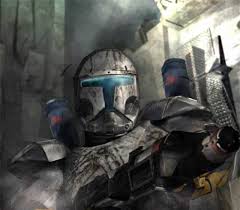记忆方法
1. 区分:scotch, scorch: scotch => Scotch(n 苏格兰人),曾经被英格兰镇压。scorch => 中间的r既像花儿也像火苗。
2. “死烤之”
2. “死烤之”
中文词源
scorch 烤焦,枯萎
可能来自古诺斯语 skorpna,使枯萎,使枯干,来自 Proto-Germanic*skrimp,收缩,来自 PIE*sker, 弯,转,词源同 shrink,shrimp.后引申词义烧焦。
英语词源
- scorch (v.)
- "to burn superficially or slightly, but so as to change the color or injure the texture," early 14c., perhaps an alteration of scorrcnenn "make dry, parch" (c. 1200), of obscure origin, perhaps from Old Norse skorpna "to be shriveled," cognate with Old English scrimman "to shrink, dry up." Or perhaps from Old French escorchier "to strip off the skin," from Vulgar Latin excorticare "to flay," from ex- (see ex-) + Latin cortex (genitive corticis) "cork;" but OED finds this not likely. Scorched earth military strategy is 1937, translation of Chinese jiaotu, used against the Japanese in a bid to stem their advance into China.
权威例句
- 1. The leaves are inclined to scorch in hot sunshine.
- 叶子在酷热的阳光下容易枯黄。
- 2. If any of the spray goes onto the lawn it will scorch the grass.
- 这种喷雾剂向草坪上轻轻一喷,就会使草枯黄。
- 3. I could not wash away the mark of the scorch.
- 我洗不掉这焦痕.
- 4. This material will scorch easily if it is too near the fire.
- 这种材料如果太靠近炉火很容易烤焦.
- 5. Young drivers often scorch on the street.
- 年轻司机常在大街上开快车.

